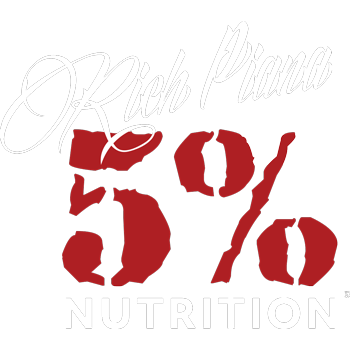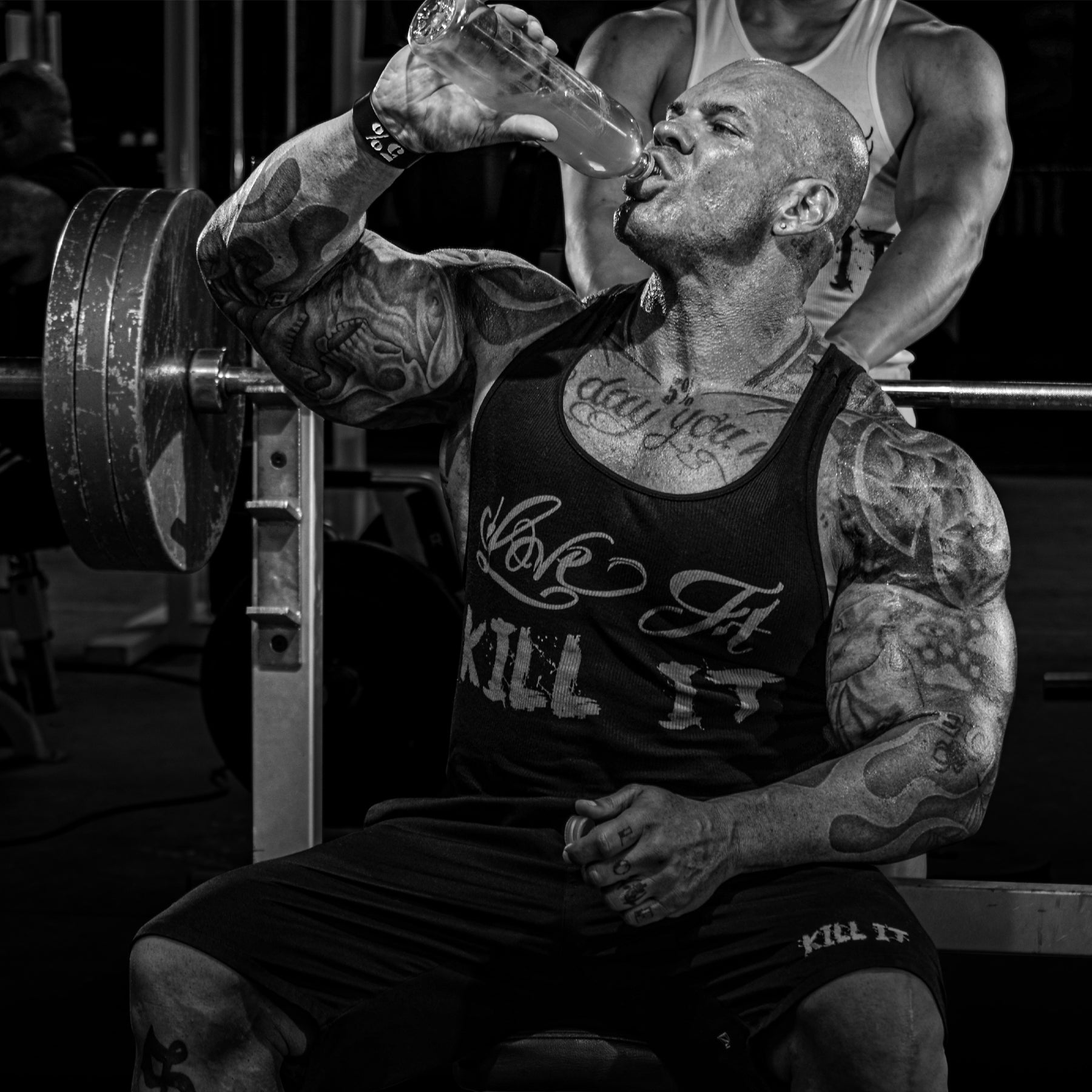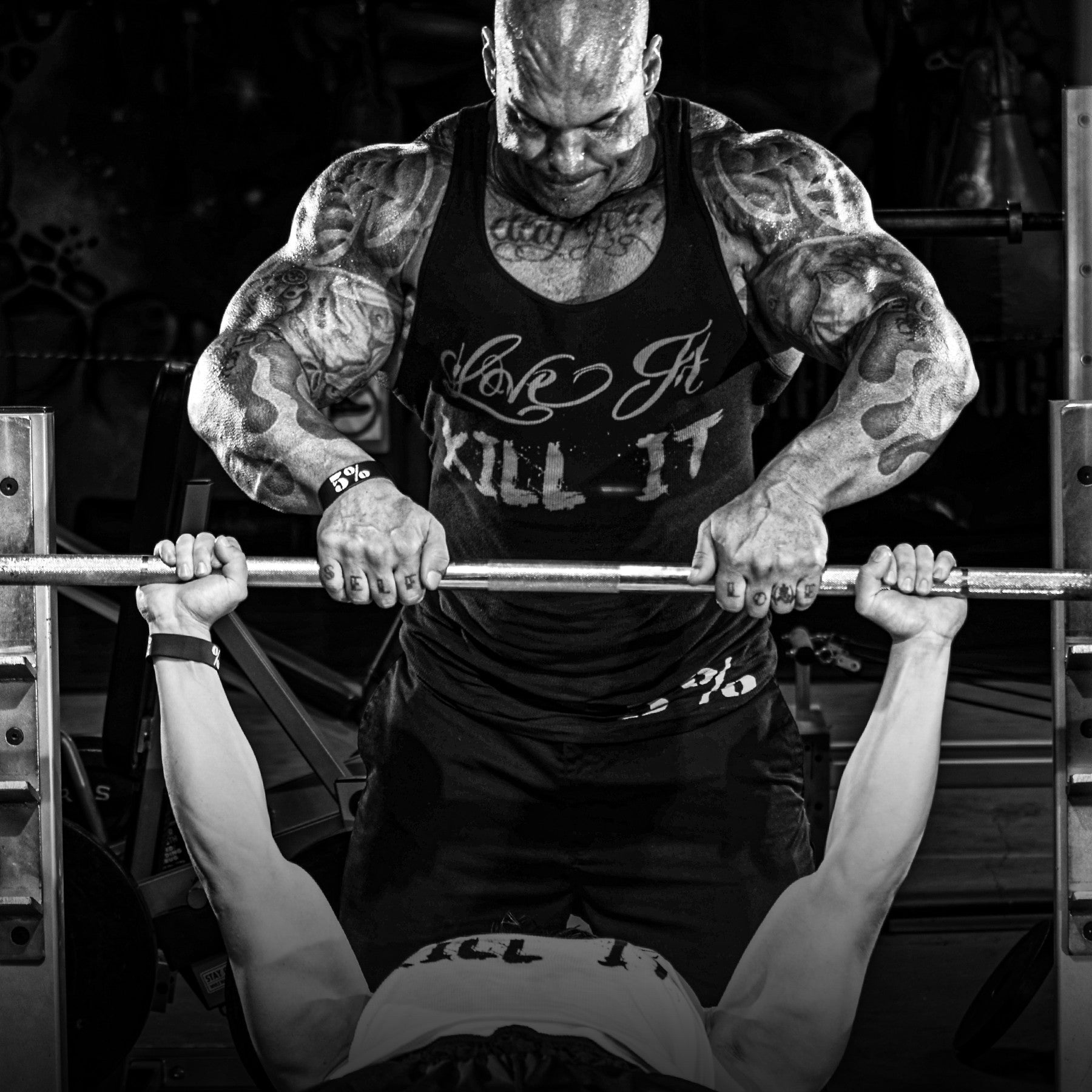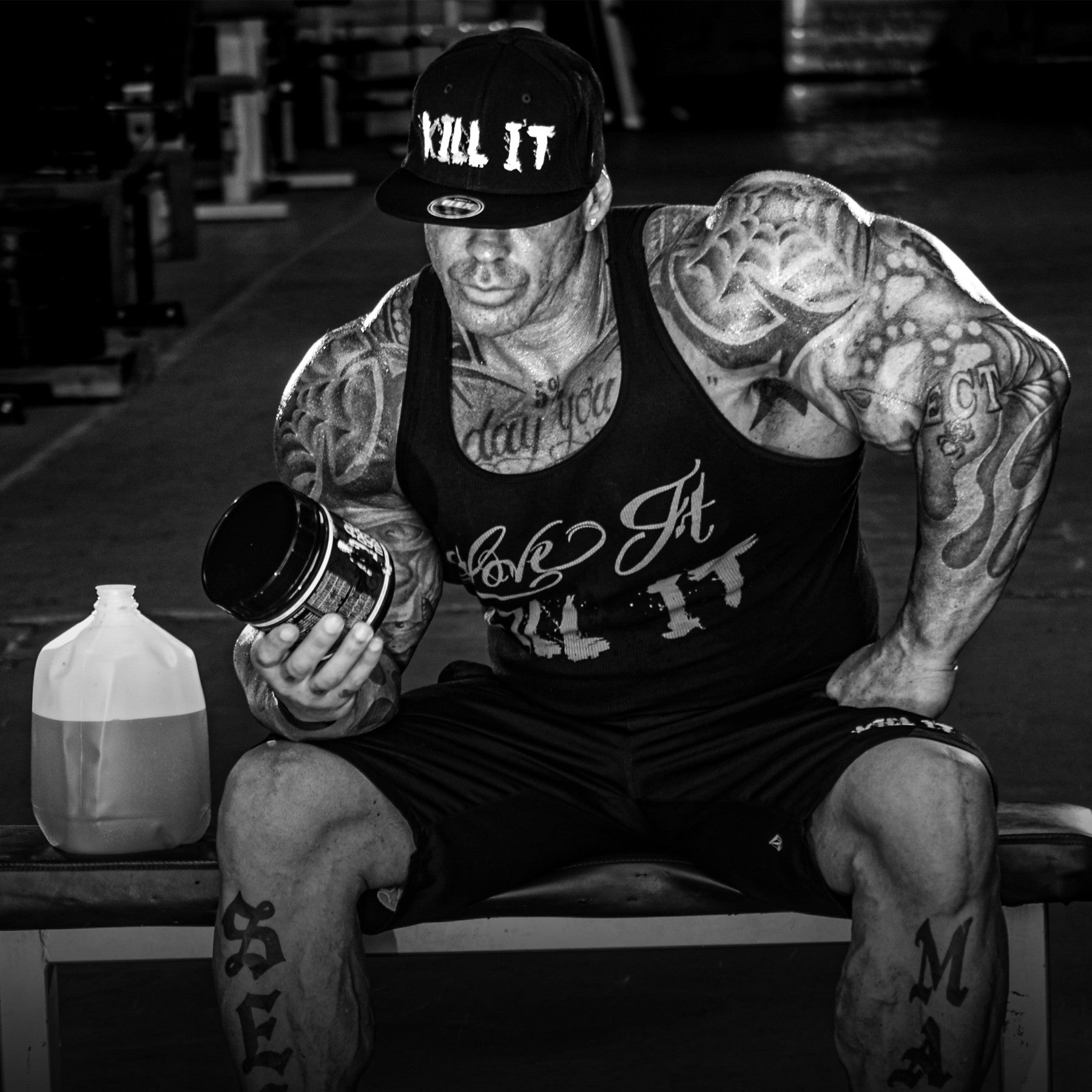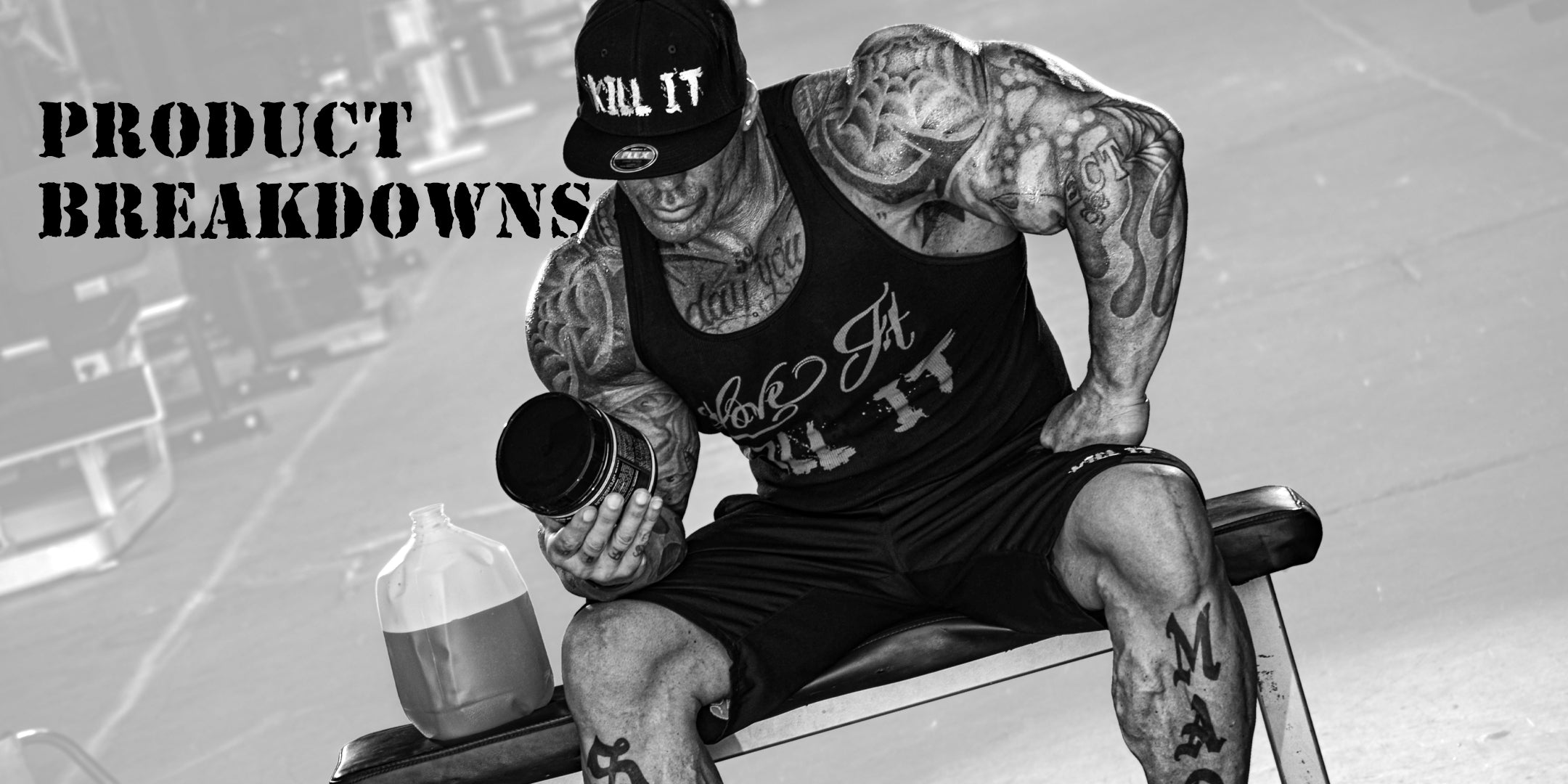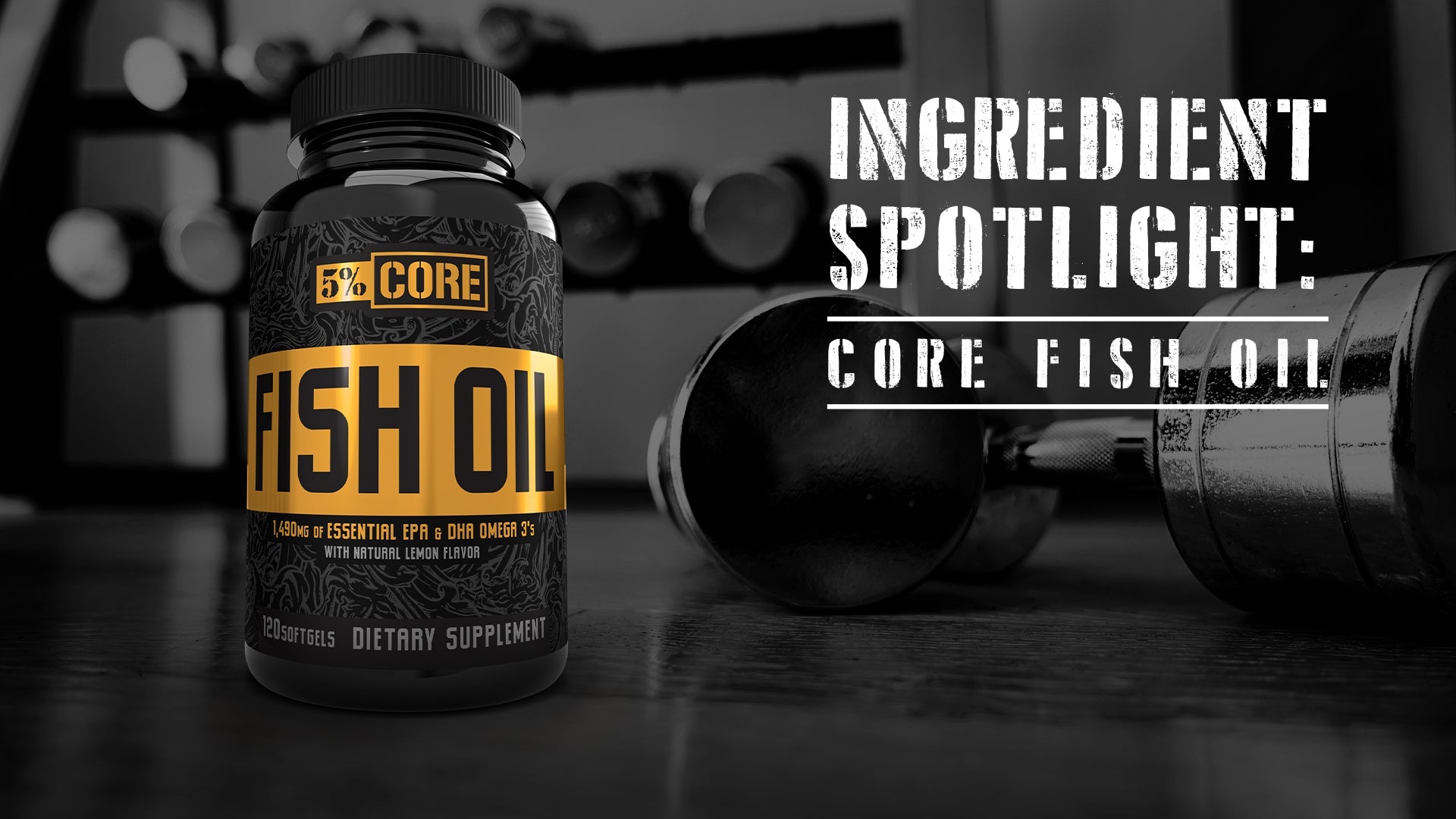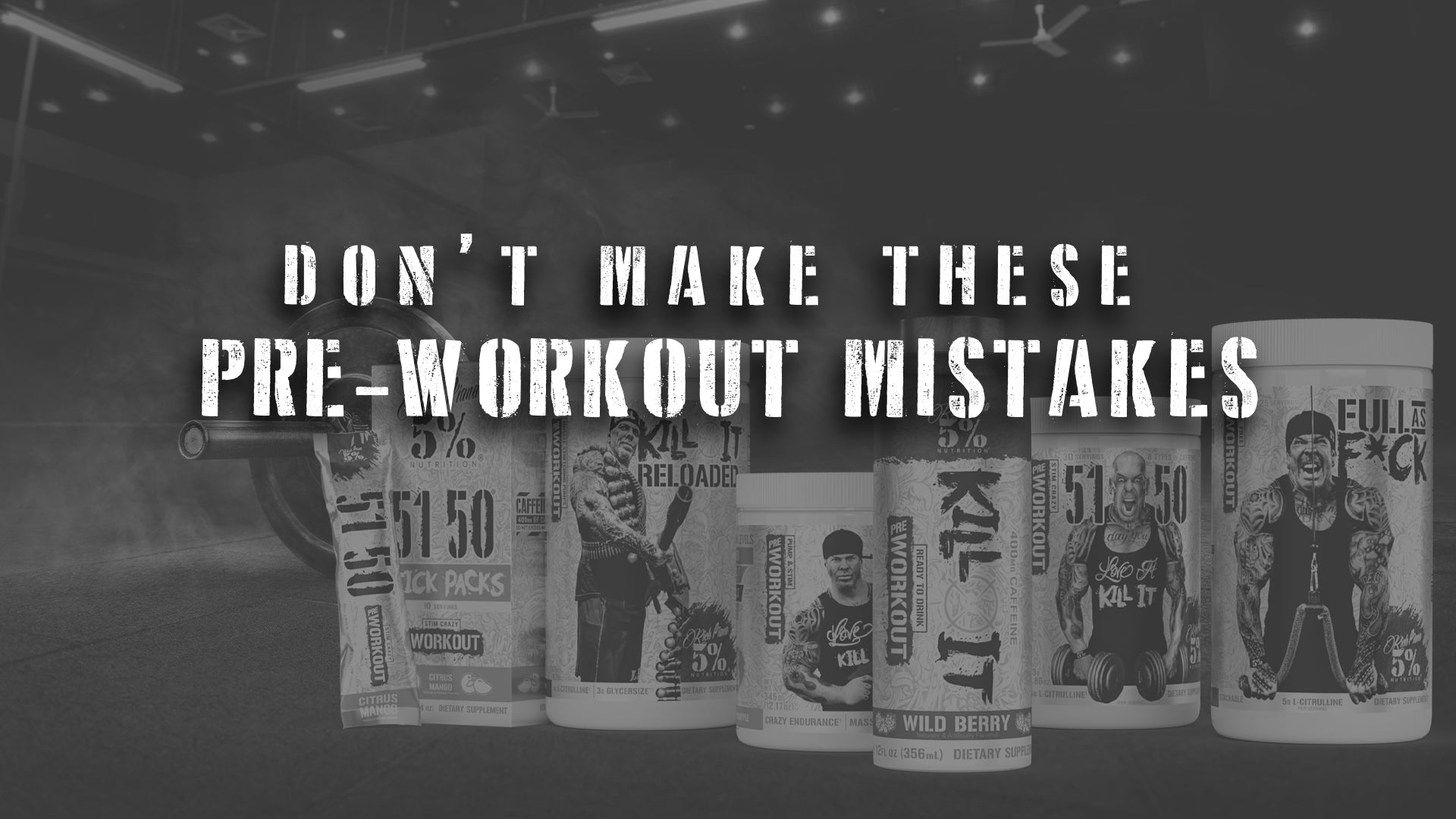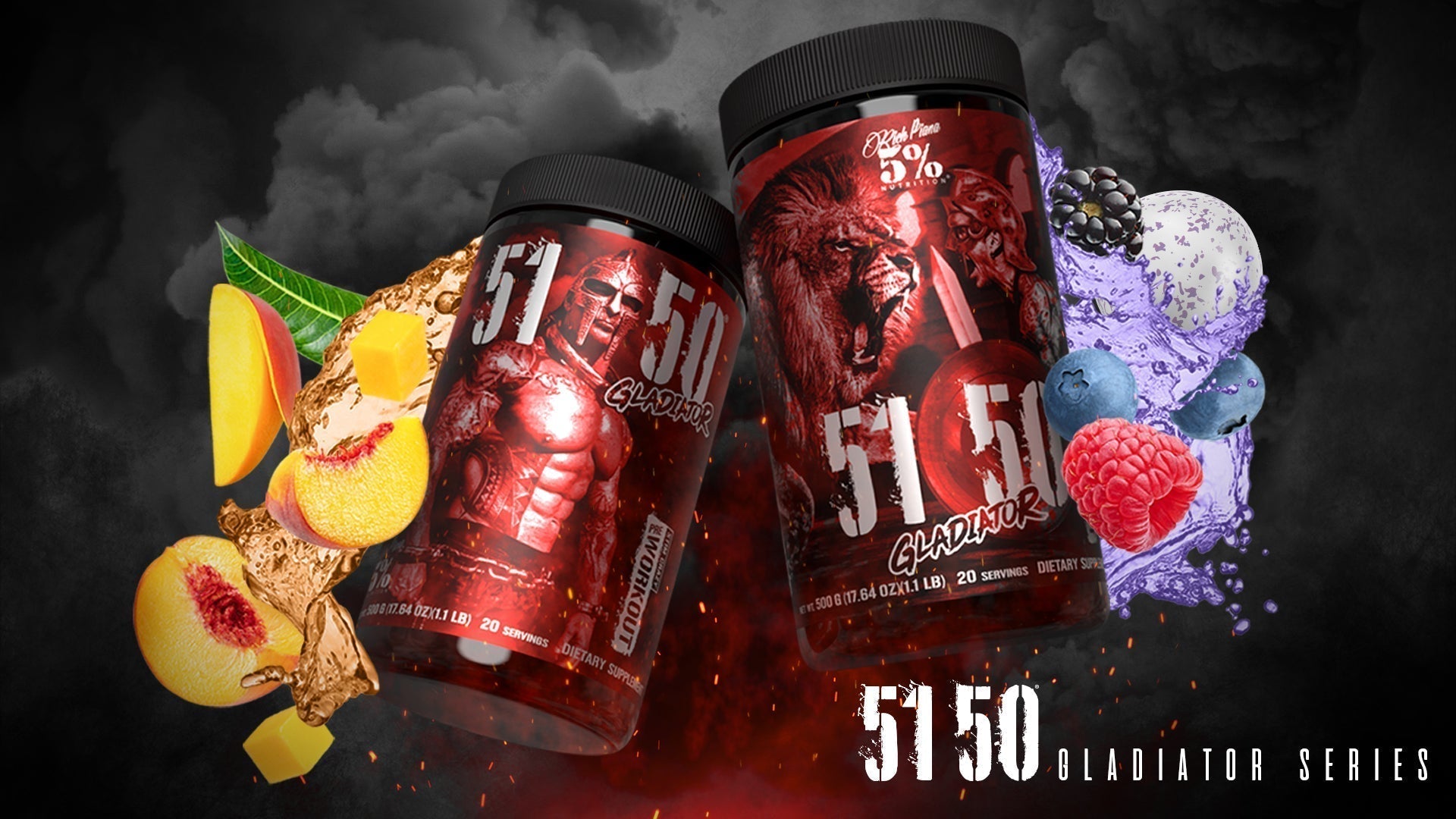Creatine changed the sports nutrition landscape virtually from the day it was first introduced as a supplement. It was the original cell volumizer, which in itself created an entirely new supplement category. Also, creatine became known as an endurance enhancer because of its role in ATP production. But what about taking Creatine For Recovery? This article looks at the hows and whys.
Creatine Benefits
You probably already know how important creatine is for your workouts. Taken with other cell volumizers and nitric oxide boosters, it can help create insane pumps. 5% Nutrition has several pre-workouts and all of them feature several of these ingredients. Creatine also supports strength through its role in ATP production, and muscle growth because of its role in supporting protein synthesis. More recently, it’s been shown that creatine has a positive effect on cognitive health and function.(1,2)
Creatine For Recovery?
Creatine is the original cell volumizer. That means it pulls water into your muscles, hydrating them and creating water-based pumps. It’s also part of the ATP process of muscular energy. So why would you want to take it as part of your post-workout program? Well, here are the benefits of creatine for recovery.
Glycogen Replenishment
Once your workout is over, one of the things your muscles need to do is replenish glycogen stores. This ensures you’ll have enough training energy for your next workout. Creatine has been shown to replenish muscle glycogen used during intense workouts. It’s suggested to take your creatine with carbohydrates, therefore adding Crea-TEN or Core Creatine Monohydrate to your Real Carbs and Shake Time (or Real Carbs + Protein) post-workout shake is a smart move.(3)
Supports Protein Synthesis
Creatine has been shown to support protein synthesis. That’s a big deal because protein synthesis is a direct trigger of muscle growth. In addition, this process helps muscles repair after a tough workout. This is one more reason to add creatine to your 5% post-workout shake. Also, since creatine supports protein synthesis, go ahead and add a serving to All Day You May, our leucine-heavy amino acid formula. (4,5)
Helps Decrease Muscular Damage
It’s believed that intense workouts cause muscle damage. This leads to muscle soreness and reduced muscular function. Creatine may help lower markers of muscle damage and inflammation, which may lead to faster recovery.(6)
5% Nutrition Innovation - Pre-Workouts That Contain Creatine
Many supplement companies brag that their pre-workouts are free of creatine. Believe us, that’s nothing to brag about. If a supplement supports workout performance and endurance, shouldn’t it be in your favorite pre-workout? Of course it should, and 5% had the insight to include creatine in ours! Both Kill It and Kill It Reloaded pre-workouts contain creatine blends.
Recap
If more mass is your goal, you’re probably using Crea-TEN or Core Creatine Monohydrate. Chances are, you might not use it as part of your post-workout arsenal. Why not add creatine to your supplement arsenal and optimize your results? While you’re visiting 5% Nutrition, shop our site and stock up!
References:
- Yquel, R. J., Arsac, L. M., Thiaudière, E., Canioni, P., & Manier, G. (2002). Effect of creatine supplementation on phosphocreatine resynthesis, inorganic phosphate accumulation and pH during intermittent maximal exercise. Journal of sports sciences, 20(5), 427–437. https://doi.org/10.1080/026404102317366681
- Avgerinos, K. I., Spyrou, N., Bougioukas, K. I., & Kapogiannis, D. (2018). Effects of creatine supplementation on cognitive function of healthy individuals: A systematic review of randomized controlled trials. Experimental gerontology, 108, 166–173. https://doi.org/10.1016/j.exger.2018.04.013
- Roberts, P. A., Fox, J., Peirce, N., Jones, S. W., Casey, A., & Greenhaff, P. L. (2016). Creatine ingestion augments dietary carbohydrate mediated muscle glycogen supercompensation during the initial 24 h of recovery following prolonged exhaustive exercise in humans. Amino acids, 48(8), 1831–1842. https://doi.org/10.1007/s00726-016-2252-x
- Ingwall, J. S., Weiner, C. D., Morales, M. F., Davis, E., & Stockdale, F. E. (1974). Specificity of creatine in the control of muscle protein synthesis. The Journal of cell biology, 62(1), 145–151. https://doi.org/10.1083/jcb.62.1.145
- Ingwall, J. S., Weiner, C. D., Morales, M. F., Davis, E., & Stockdale, F. E. (1974). Specificity of creatine in the control of muscle protein synthesis. The Journal of cell biology, 62(1), 145–151. https://doi.org/10.1083/jcb.62.1.145
- Doma, K., Ramachandran, A. K., Boullosa, D., & Connor, J. (2022). The Paradoxical Effect of Creatine Monohydrate on Muscle Damage Markers: A Systematic Review and Meta-Analysis. Sports medicine (Auckland, N.Z.), 52(7), 1623–1645. https://doi.org/10.1007/s40279-022-01640-z
